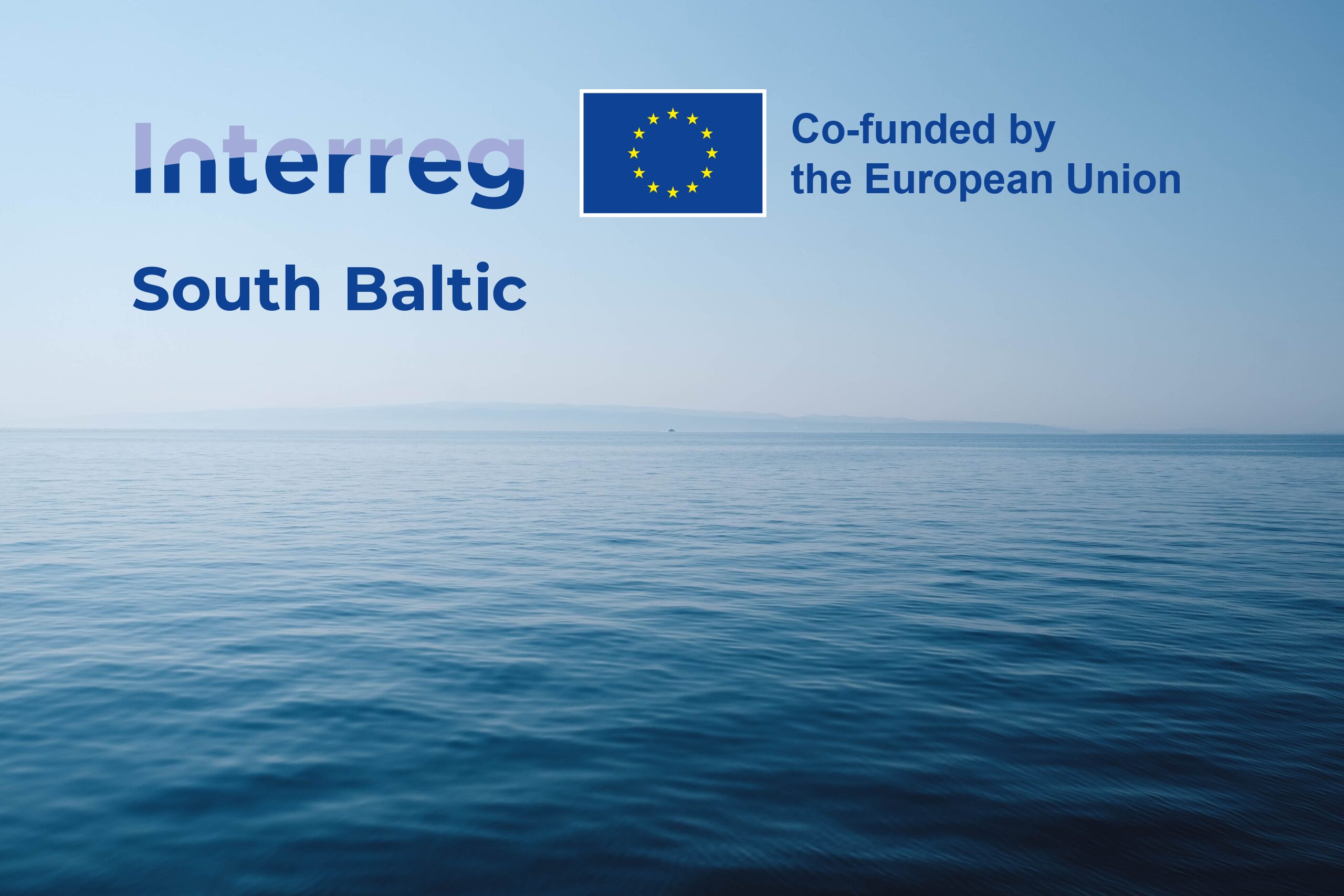Ocean Plastic Forum has joined an interregional project to promote circular and resource-efficient development in the Southern Baltic Sea in collaboration with the following partners:
- CLEAN Cluster
- The Foundation Plast Center Denmark
- Sustainable Business Hub Scandinavia AB
- Leibniz Institute for Baltic Sea Research
- University of Rostock
- University of Gdansk
- Gdansk Water Foundation
- City of Gdansk – Gdansk Sports Center
Global ocean plastic pollution has a profound impact on marine ecosystems and biodiversity, manifesting through entanglement, the spread of toxic substances, and ingestion by marine life. These consequences further disrupt the delicate balance of ecosystems within the South Baltic Sea (SBS). The South Baltic Sea receives plastics and residual waste fractions from both land and sea sources, gradually breaking down into microplastics over time. Notably, 80% of the plastic waste entering the SBS originates from land-based sources, including urban areas. This waste often enters the SBS through waterways linked to urban coastal environments such as rivers, city canals, and harbors, with litter compositions comprising a mix of plastics and other residual waste materials. To address the pressing issue of preventing additional plastic waste from infiltrating this sensitive ecosystem, there is an urgent need to raise awareness and establish incentives.
Ocean macroplastics, primarily stemming from land-based sources, are most prevalent in areas with high human activity and consumption. Consequently, cities are significant focal points for investigating the collection, reuse, and recycling of ocean-bound plastics. An increasing number of blue and green Small and Medium Enterprises (SMEs) are actively exploring solutions where challenging fractions of plastic waste can be repurposed as input materials. This initiative also considers the potential utilization of riverine or ocean-bound plastic waste. However, obstacles such as limited accessibility, supply chain reliability, and a lack of knowledge regarding plastic waste composition and qualities have deterred companies from pursuing recycling solutions involving ocean-bound plastic.
The project’s core focus will be on identifying the challenges and opportunities associated with collecting, reusing, and recycling ocean-bound plastic waste. In this endeavor, we will collaborate with blue and green SMEs within the region, along with relevant environmental non-governmental organizations (NGOs), knowledge institutions, technical universities, and maritime clusters. These partners will play a pivotal role in identifying and co-creating innovative methodologies for collecting plastic waste from both land and sea sources. This comprehensive approach aims to raise awareness regarding the ecological challenges within the SBS, encompassing all aspects of the quadruple helix.
Furthermore, the initiative will provide added value by fostering innovation among blue and green SMEs within the program region. It will facilitate insights into the collection and recycling of macroplastic litter waste, thereby contributing to the sustainability and extended utilization of macroplastic litter waste post-collection.
For further information and updates on the project’s progress, please visit our project page and LinkedIn.



